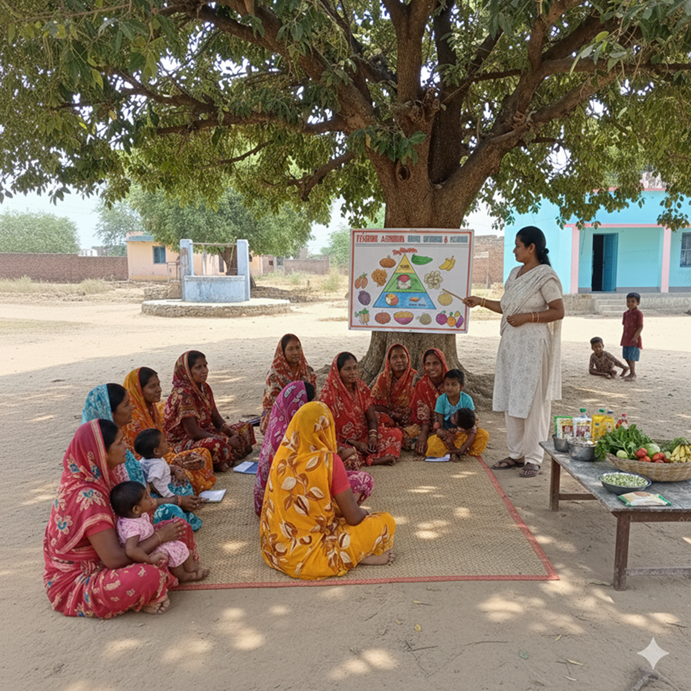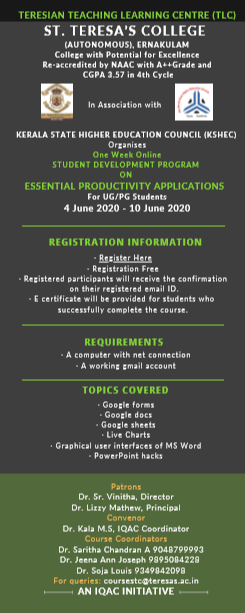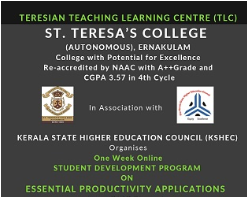The "Herb at Home to Heal" online course is a comprehensive and engaging program designed to spread awareness about the incredible healing properties of medicinal plants. This course aims to empower participants with the knowledge and skills needed to incorporate herbal remedies into their daily lives, promoting natural healing and overall well-being.
Course Objectives:
1. Introduce Medicinal Plants: Students will be introduced to a diverse range of medicinal plants, exploring their origins, properties, and traditional uses in various cultures.
2. Understanding Herbal Medicine: Participants will gain an understanding of the principles and practices of herbal medicine, including how to identify, harvest, and process medicinal plants.
3. Common Ailments and Herbal Remedies: The course will cover a wide array of common health issues and the corresponding herbal remedies that can be used to address them effectively.
4.Creating Herbal Products: Students will learn how to create a variety of herbal products, such as teas, tinctures, salves, and essential oils, to harness the healing potential of medicinal plants.
5. Herbal Gardening: The course will provide insights into setting up and maintaining an herb garden at home, ensuring a steady supply of fresh and potent herbs for personal use.
6. Safety and Precautions: Safety is a priority when working with medicinal plants. Participants will learn about potential interactions, contraindications, and dosage guidelines to ensure responsible herbal usage.
7. Integrating Herbs into Daily Life: Students will discover ways to incorporate herbal remedies into their daily routines, promoting preventive health and a holistic lifestyle.














